Australia’s Chief of the Defence Force, Admiral David Johnston AC RAN, held a significant meeting with General Liu Zhenli, Chief of Staff of the Joint Staff Department of China’s People’s Liberation Army (PLA), in Beijing on Wednesday. The discussions took place amid ongoing geopolitical tensions in the Indo-Pacific, where military assertiveness, territorial disputes, and competing strategic interests continue to shape regional dynamics.
The two military leaders exchanged views on bilateral relations, regional security challenges, and global strategic issues, with a particular focus on enhancing military transparency and communication to reduce risks of misunderstanding or escalation. Admiral Johnston reiterated Australia’s commitment to a stable and rules-based regional order, emphasizing the need for all nations to operate in a safe, professional, and predictable manner—especially in contested maritime zones.
Australia underscored the critical importance of adhering to international law, particularly the United Nations Convention on the Law of the Sea (UNCLOS), which serves as the legal foundation for maritime conduct. The reaffirmation of UNCLOS comes amid ongoing disputes in the South China Sea and East China Sea, where China’s expansive territorial claims have frequently clashed with those of neighboring nations and Western-aligned powers.
Admiral Johnston also stressed the broader principles of sovereignty, regional stability, and peaceful dispute resolution—a stance consistent with Australia’s long-standing foreign policy approach.
The meeting followed the 23rd Australia-China Strategic Dialogue held in February 2025, signaling a continued effort to manage tensions and maintain open channels of communication between the two nations. Relations between Canberra and Beijing have seen both thawing cooperation and persistent friction, particularly on issues such as trade restrictions, regional security, and China’s military posturing in the Indo-Pacific.
While Australia remains a key U.S. ally and part of security partnerships like AUKUS, it has also sought to stabilize ties with China, its largest trading partner. This high-level military dialogue reflects a balancing act—pursuing defense preparedness while avoiding unnecessary confrontation.
The discussions between Admiral Johnston and General Liu represent a diplomatic effort to mitigate risks and foster military predictability in an increasingly volatile region. Whether these talks lead to tangible confidence-building measures—or remain largely symbolic—will depend on the actions that follow. For now, the engagement itself marks a small but crucial step in managing one of the Indo-Pacific’s most complex strategic relationships.







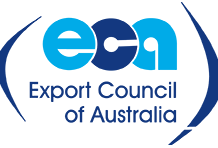




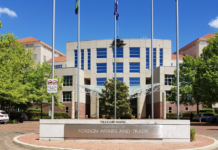
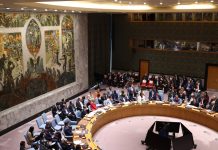







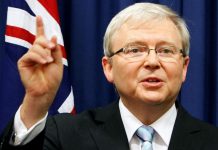

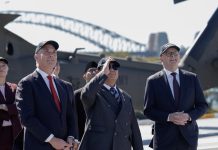
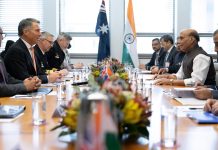
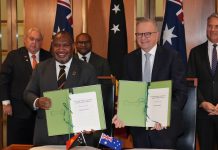


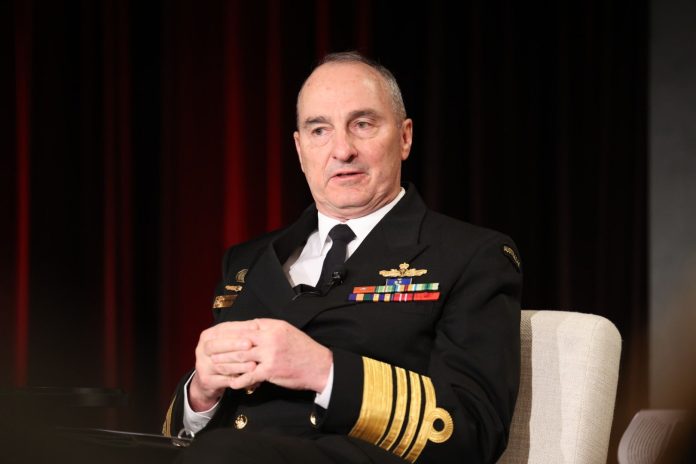




Istanbul boat tour Istanbul history tour was fascinating. https://watchxxxfree.club/?p=87601
Turkish and Islamic Arts Museum tour Plenty of photo stops, no rushing at all. https://www.somethingpainted.com.au/?p=8615